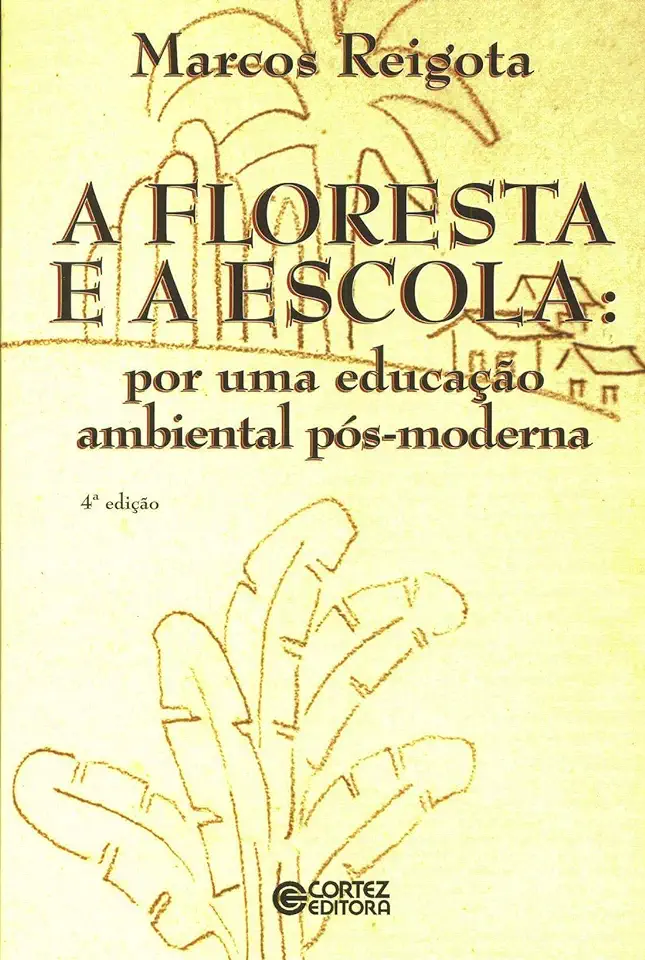
The Forest and the School - for a Postmodern Environmental Education - Marcos Reigota
The Forest and the School: For a Postmodern Environmental Education
Introduction
In "The Forest and the School", Marcos Reigota argues for a postmodern environmental education that is rooted in the lived experiences of students and teachers. He draws on poststructuralist theory to critique traditional environmental education practices that rely on objective knowledge and top-down teaching methods. Instead, he proposes an approach that emphasizes the importance of place, experience, and dialogue.
Key Concepts
- Postmodernism: Reigota argues that postmodernism offers a more nuanced and critical understanding of the environment than traditional environmental education approaches. Postmodernism rejects the idea of objective knowledge and instead emphasizes the role of power, discourse, and difference in shaping our understanding of the world.
- Place: Reigota argues that place is a central concept for environmental education. Place is not simply a physical location, but also a cultural and social space. It is a place where people live, work, and interact with the environment.
- Experience: Reigota argues that experience is another key concept for environmental education. Experience is not simply a passive reception of information, but an active process of meaning-making. It is through experience that we come to understand the world around us and our place in it.
- Dialogue: Reigota argues that dialogue is essential for environmental education. Dialogue is not simply a matter of talking, but of listening and understanding. It is through dialogue that we can share our experiences, learn from each other, and come to a deeper understanding of the world.
Applications
Reigota's postmodern environmental education approach has a number of applications for teaching and learning about the environment. These applications include:
- Place-based education: Place-based education is an approach to education that emphasizes the importance of place in learning. It involves students in learning about the natural and cultural history of their local area, and in developing a sense of place attachment.
- Experiential education: Experiential education is an approach to education that emphasizes the importance of experience in learning. It involves students in hands-on activities that allow them to learn about the environment through direct experience.
- Dialogic education: Dialogic education is an approach to education that emphasizes the importance of dialogue in learning. It involves students in discussions and debates about environmental issues, and in sharing their own experiences and perspectives.
Conclusion
"The Forest and the School" is a groundbreaking book that offers a new vision for environmental education. Reigota's postmodern approach is rooted in the lived experiences of students and teachers, and it emphasizes the importance of place, experience, and dialogue. This approach has the potential to transform the way we teach and learn about the environment, and to help us create a more sustainable future.
Why You Should Read This Book
If you are interested in environmental education, then "The Forest and the School" is a must-read. This book will challenge your thinking about environmental education and offer you a new way of understanding the world around you. Reigota's postmodern approach is both theoretically rigorous and practical, and it has the potential to transform the way we teach and learn about the environment.
Where to Buy
"The Forest and the School" is available for purchase from a variety of online retailers, including Amazon, Barnes & Noble, and Powell's Books. You can also find it at your local library.
Enjoyed the summary? Discover all the details and take your reading to the next level — [click here to view the book on Amazon!]